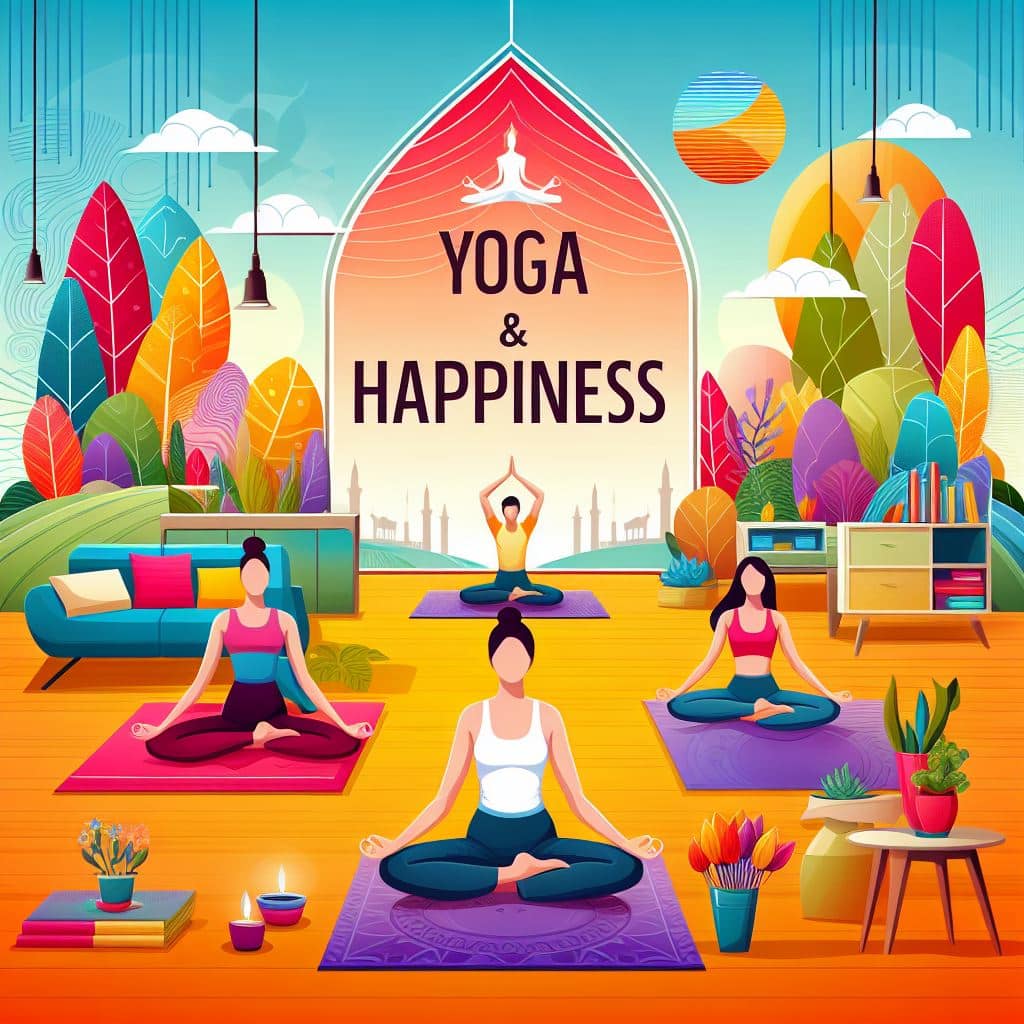
200 hrs Yoga TTC – 1 Month TTC Online – English/Hindi
Monday to Friday:
Practical: 07:00 am – 08:00 am (IST) & 6:30 pm to 7:30 pm
Theory: 06:00 am to 07:00 am / 05:00 pm to 06:00 pm / 08:00 pm to 09:00 pm / 09:00 pm to 10:00 pm (any one hour)
Rs. 23,500 /-
None
| S. No. | Name of the Unit |
| 1 | Introduction to Yoga and Yogic Practices
1.1 Yoga: Etymology, definitions, aim, objectives and misconceptions. 1.2 Yoga : Its origin, history and development. 1.3 Guiding principles to be followed by Yoga practitioners. 1.4 Principles of Yoga (Triguna, Antahkarana-chatustaya, Tri-Sharira/ Panchakosha). 1.5 Introduction to major schools of Yoga (Jnana, Bhakti, Karma, Patanjali, Hatha). 1.6 Introduction to Yoga practices for health and well being. 1.7 Introduction to Shatkarma: meaning, purpose and their significance in Yoga Sadhana. 1.8 Introduction to Yogic Sukshma Vyayama, Sthula Vyayama and Surya Namaskara. 1.9 Introduction to Yogasana: meaning, principles, and their health benefits. 1.10 Introduction to Pranayama and Dhyana and their health benefits.
|
| 2 | Introduction to Yoga Texts
2.1 Introduction and study of Patanjala Yoga Sutra including memorization of selected Sutras (Chapter I- 1-12). 2.2 Introduction and study of Bhagavad Gita including memorization of selected Slokas (Chapter II -47, 48, 49, 50 and 70). 2.3 Introduction and study of Hathpradipika. 2.4 General Introduction to Prasthanatrayee. 2.5 Concepts and principles of Aahara (Diet) in Hathapradipika and Bhagawadgita (Mitahara and Yuktahara). 2.6 Significance of Hatha Yoga practices in health and well being. 2.7 Concept of mental wellbeing according to Patanjala Yoga. 2.8 Yogic practices of Patanjala Yoga: Bahiranga and Antaranga Yoga. 2.9 Concepts of healthy living in Bhagwad Gita. 2.10 Importance of subjective experience in daily Yoga practice.
|
| 3 | Yoga for Health Promotion
3.1 Brief introduction to human body. 3.2 Meaning and Means of health promotion and role of Yoga in health promotion. 3.3 Yogic positive attitudes ( Maîtri, Karuna, Mudita, Upeksha). 3.4 Concept of bhavas (Dharma, Jnana, Vairagya, Aishvarya) and their relevance in well being. 3.5 Dincharya and Ritucharya with respect to Yogic life style. 3.6 Holistic approach of Yoga towards health and diseases. 3.7 Introduction to First aid and Cardio Pulmonary Resuscitation (CPR). 3.8 Yogic management of stress and its consequences. 3.9 Yoga in prevention of metabolic and respiratory disorders. 3.10 Yoga for personality development.
|
| 4 | Practical
A. Demonstration Skills 4.1 Prayer: Concept and recitation of Pranava and hymns. 4.2 Yoga Cleansing Techniques
Knowledge of Dhauti, Neti and practice of Kapalabhati. 4.3 Yogic Sukshma Vyayama and Sthula Vyayama a. Yogic Sukshma Vyayama (Micro Circulation Practices) – Neck Movement Griva Shakti Vikasaka ( I,II,III,IV)
-Shoulder Movement Bhuja Valli Shakti Vikasaka Purna Bhuja Shakti Vikasaka
-Trunk Movement Kati Shakti Vikasaka (I, II, III, IV, V )
-Knee Movement Jangha Shakti Vikasaka (II-A&B ) Janu Shakti Vikasaka
-Ankle movement Pada-mula shakti Vikasaka – A&B Gulpha-pada-pristha-pada-tala shakti Vikasaka
b. Yogic Sthula Vyayama (Macro Circulation Practices) -Sarvanga Pushti -Hrid Gati (Engine Daud)
4.4 Yogic Surya Namaskara 4.5 Yogasana -Tadasana, Vrikshasana, Ardha Chakrasana, Padahastasana, Kati Chakrasana,Trikonasana -Dandasana, Sukhasana, Padmasana, Vajrasana, -Bhadrasana, Mandukasana, Ushtrasana, Shashankasana, Uttana Mandukasana -Paschimottanasana, Purvottanasana -Vakrasana, Gomukhasana -Bhujangasana, Shalabhasana, Makarasana -Pavanamuktasana, Uttanapadasana, Ardha Halasana, Setubandhasana -Vipareetakarani, Saral Matsyasana, Shavasana,
4.6 Preparatory Breathing Practices Sectional breathing (abdominal, thoracic and clavicular) Yogic deep breathing
4.7 Pranayama Concept of Puraka, Rechaka and Kumbhaka Anulmoa Viloma/Nadi Shodhana Sheetalee (without Kumbhaka) Bhramari (without Kumbhaka)
4.8 Understanding of Bandha Jalandhara Bandha Uddiyana Bandha Mula Bandha
4.9 Understanding of Mudra Hasta Mudras (chin, Chinmaya, Brahma, adi, jnana, Dhyana and Nasika)
4.10 Practices leading to Meditation and Dhyana Sadhana Recitation of Pranava & Soham Recitation of selected hymns, invocations and prayers from Vedas & Upanishadas Body and breath awareness Yoga Nidra
B. Teaching Skills (Methods of Teaching Yoga) Essentials of good lesson plan: concepts, needs, planning of teaching Yoga (Shatkriya, Asana, Pranayama & practices leading to Dhyana) Principles of teaching Yoga protocol to different groups (beginners, children, youth, women, Geriatric population, and special attention group). Preparation for a Yoga class (before and during the class) Factors influencing yoga teaching. Class management in Yoga: its meaning and needs. Conducting yoga practical lessons: Precautions & Contraindications of practices) Salient features of Ideal Yoga Instructor. Models of ideal Yoga lesson plans
|
Mark Distribution:
Total Marks: 200 (Theory: 60 + Practical: 140)
| Theory Unit No. | Unit name | Marks |
| 1 | Introduction to Yoga and Yogic Practices | 20 |
| 2 | Introduction to Yoga Texts | 20 |
| 3 | Yoga for Health Promotion | 20 |
| Total | 60 | |
Practical
| S No. | Practical Work | Marks |
| 1 | Demonstration Skills | 80 |
| 2 | Teaching Skills | 40 |
| 3 | Application of knowledge | 10 |
| 4 | Field Experience | 10 |
| Total | 140 | |
To attain certification as a Yoga Protocol Instructor by YCB, achieving a minimum score of 70% is required in both the theory and practical components of the examination.
Visit: Online YCB Yoga Teacher Training Course | Yoga Instructor in India (yogaandhappiness.in)
Get more news from us by subscribe your email address.

All Rights Reserved Copyrights 2021 | Powered by onqanet technologies pvt ltd